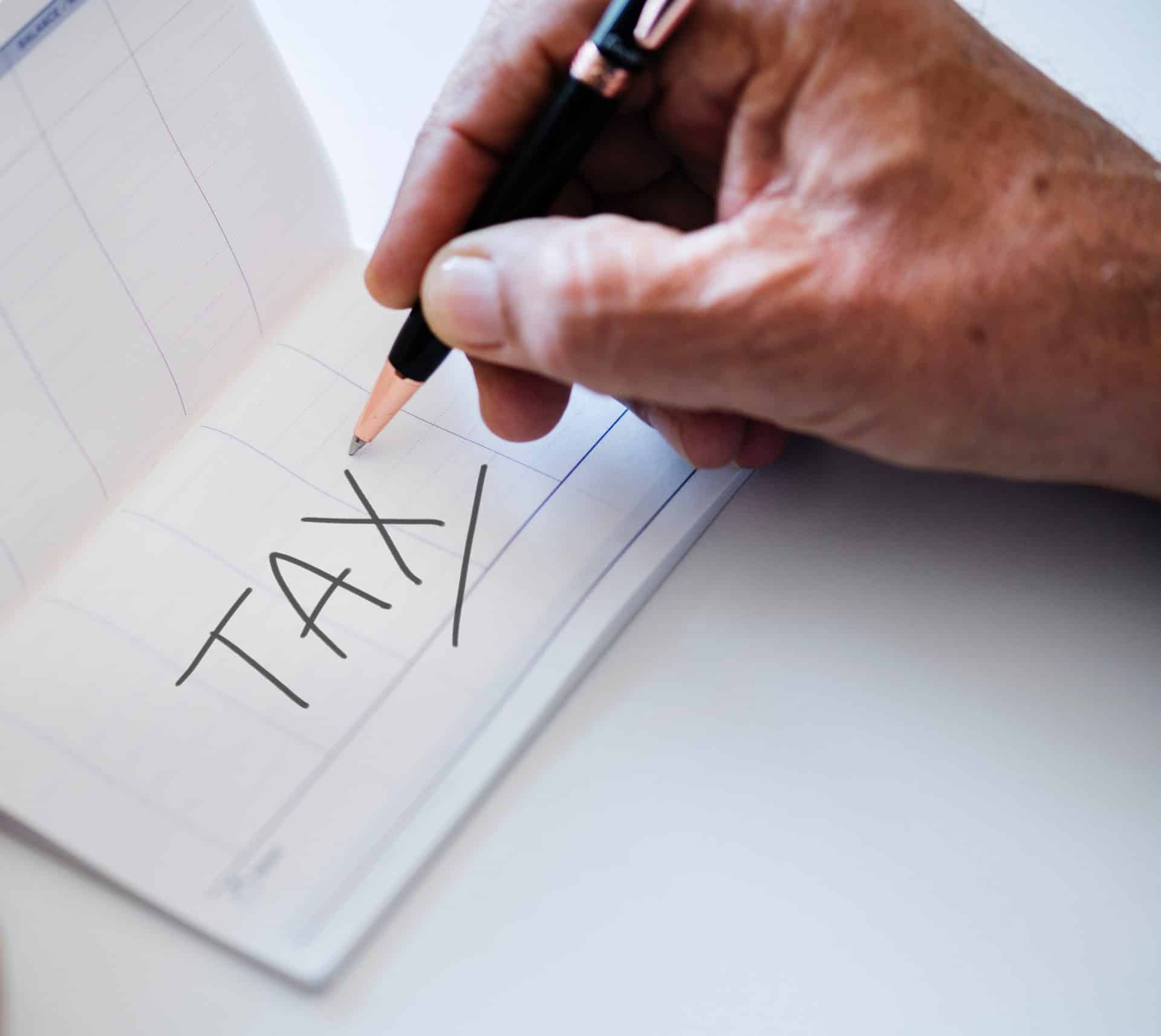Domestic Reverse Charge VAT for Construction Services | 5 ways to prepare
Aug 21, 2019
What is reverse charge vat?
As of 1st October 2019, the government is introducing a new tax system known as Domestic Reverse Charge for Building and Construction Services. This system will prevent VAT cash from moving between VAT-registered contractors and subcontractors operating within the Construction Industry Scheme.

It has recently been reported that two thirds of small construction businesses are unaware of these changes, and with little time left before this legislation comes into force, it is time to start getting to grips with Reverse Charge VAT how your business needs to prepare.
What can you start doing to prepare?
1. Find out if these changes apply to you.
This new system only applies to VAT-registered businesses that supply any of these services:
- constructing, altering, repairing, extending, demolishing or dismantling buildings or structures (whether permanent or not), including offshore installation services
- constructing, altering, repairing, extending, demolishing of any works forming, or planned to form, part of the land, including (in particular) walls, roadworks, power lines, electronic communications equipment, aircraft runways, railways, inland waterways, docks and harbours
- pipelines, reservoirs, water mains, wells, sewers, industrial plant and installations for purposes of land drainage, coast protection or defence
- installing heating, lighting, air-conditioning, ventilation, power supply, drainage, sanitation, water supply or fire protection systems in any building or structure
- internal cleaning of buildings and structures, so far as carried out in the course of their construction, alteration, repair, extension or restoration
- painting or decorating the inside or the external surfaces of any building or structure
- services which form an integral part of, or are part of the preparation or completion of the services described above – including site clearance, earth-moving, excavation, tunnelling and boring, laying of foundations, erection of scaffolding, site restoration, landscaping and the provision of roadways and other access works
To find out more about the inclusions and exclusions for domestic reverse charge, check out the HMRC guidance here.
2. Contact your customers and suppliers.
Understanding how these changes will affect your supply chain is essential and better done sooner rather than later. Talk to your regular contractor’s and sub-contractors to discuss these changes.
3. Ensure your records and processes are up to scratch.
Spend some time making sure all your accounting records are complete and up to date. This will not only help you to keep track of your VAT payments and make it easy to ensure your transactions are compliant with the new legislation, it will also be required in the event of an investigation by HMRC.
Having an efficient and organised system for processing and storing your records will help ease the pain of the transition. You may also need to alter your current accounting software to ensure reverse charge invoices can be created and managed.
4. Prepare for a potential decrease in cash flow
Cash from VAT is often used by small business for day to day uses, it is important to update your cash flow forecasts to limit relying on income from VAT.
5. Try not to worry
Although this is a significant accounting change, there is no need to panic. Similar schemes have been used with other industries, such as for mobile phone and computer chip retailers and have been successful.
As long as you’re trying to act correctly and report any errors you incur as soon as possible, HMRC have stated that they will be applying a “light touch” when dealing with errors in processing domestic reverse charge for 6 months after 1st October.
This new legislation will soon be here, so make sure you read up on how this will affect your business. To read the HMRC’s guidance on this, click here.
